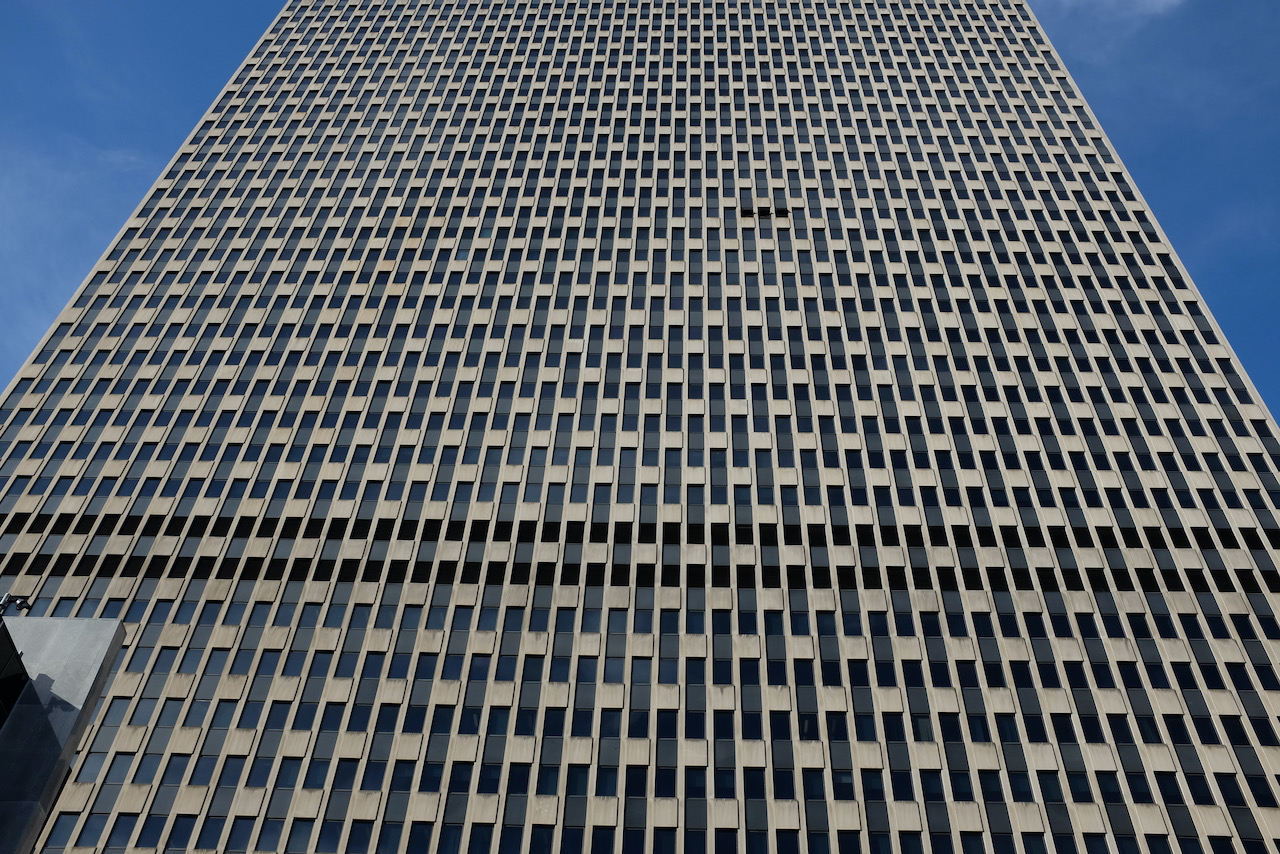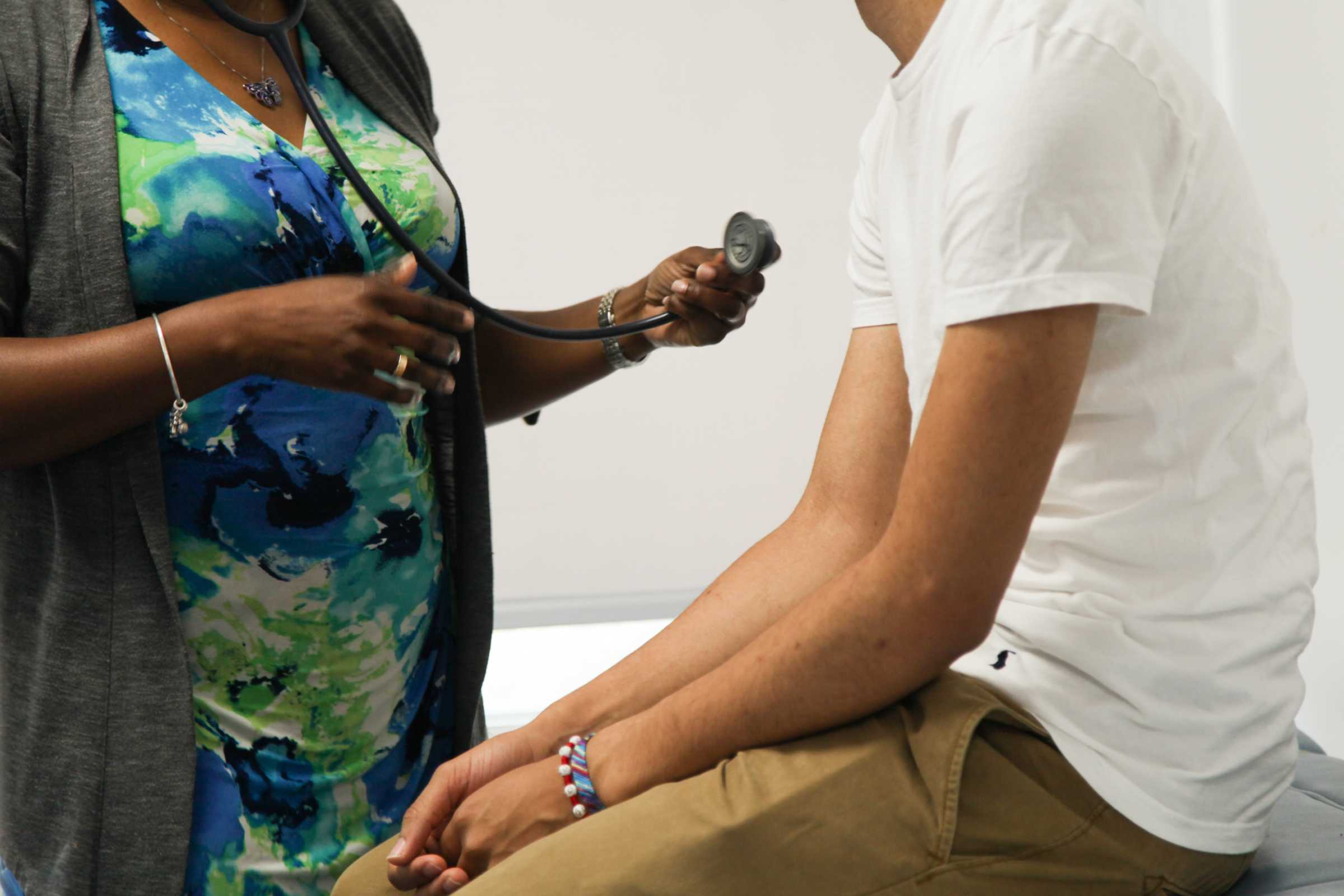On Wednesday, Attorney General Merrick Garland vacated major decisions made by the Trump administration intended to limit protections for asylum seekers. The reversal of the Trump-era policies could have major positive implications for asylum-seekers, particularly for victims of gang violence and domestic violence fleeing their homelands, as the reopening of in-person immigration court proceedings looms in New York City.
Immigration lawyers are hopeful that the decision will undo years of setbacks for victims of domestic and gang violence. The policies, had an “absolutely devastating impact on asylum seekers, particularly from Central America,” said Rebecca Press, the director of UnLocal’s legal team.
One of the cases which was vacated, Matter of L-E-A-II, was issued by former Attorney General Bill Barr in 2019, and limited asylum seekers’ ability to claim persecution based on their family membership, which could fall under the umbrella of a “particular social group.” The other case, Matter of A-B-, was issued by former Attorney General Jeff Sessions in 2018, similarly made it harder for victims of domestic violence, gang violence, or other forms of interpersonal violence to claim persecution based on those grounds.
“Their vacature I anticipate being equally as impactful, but in a positive way,” Press said. “It should have immediate and real-life impact.” Now, she is hopeful that more individuals will be able to gain asylum due to the reversal – but she cautioned that many eligibility requirements still remain.
Also read: Credible Fear Interview: A Critical Step in the Asylum Process
In addition, New York has the third highest immigration court backlog in the country, behind Texas and California, at about 147,000 pending cases. There is also a backlog of more than 1.3 million cases nationally, according to the Transactional Records Access Clearinghouse (TRAC) at Syracuse University.
Some immigration experts say that it’s still too early to tell how the decision may affect the massive court backlog in New York – but they’re hopeful that the news may help the process run more smoothly, allowing the court to get through cases more quickly and efficiently.
The Trump era former attorney general decisions actually made the judicial analysis of these cases “far more complicated,” said Judge Dana Leigh Marks, the President Emerita and Executive Vice President of the National Association of Immigration Judges. Immigration judges had to delve deeper into a person’s individual situation and country conditions due to the former attorney generals decisions.
The reversal will now help judges make clearer and easier decisions in the rulings of these cases, she said, which will then help reduce the amount of time spent in court on these hearings. “That’s helpful to free us up to hear other cases and therefore reduce the backlog,” she said.
Also read: Special Juvenile Status: Why Can’t They Get Their Green Cards?
Alexander Holtzman, a visiting associate Clinical Professor of Law at Hofstra Law, and the director of the Deportation Defense Clinic, said that the decision would prompt ICE to stipulate some of the elements of asylum, in order to move particular cases along more quickly. “Hopefully more clients are granted asylum,” he said. “Many of these cases that have been long pending might be able to be resolved, not appealed and therefore reduce the backlog.”
In New York City on July 6, immigration courts at Broadway and Federal Plaza will once again resume in person-hearings.
“I think there’s a lot of anxiety and stress within the court community,” Ambien Mitchell, the post-release coordinator at the Brooklyn Bail Fund, said of the reopening. And though immigration judges in particular are used to being at the mercy of the whims of each administration, she said, adding more shifting policies on top of the reopening is “certainly an additional stress.”
In New York City immigration courts, the Northern Triangle Countries of Guatemala, El Salvador and Honduras are all in the top five nationalities with the highest number of pending cases, according to TRAC. Central Americans and Mexicans have been the primary individuals making claims based on domestic violence or gang violence, Judge Marks said.
What is special about the New York immigration system in this instance, said Ambien Mitchell, the post-release coordinator at the Brooklyn Bail fund, is that there is greater access to representation for those who need it. The immigration legal system is specifically robust and capable to take on claims based on gender based violence, or family-based discrimination and persecution.
“In a city where already respondents have a greater likelihood of obtaining representation than other areas of the country,” she said, “I would hope that this news would just boost the city’s capacity to increase our numbers of represented respondents in removal proceedings.”
In fact, some attorneys like Holtzman are immediately diving back in to their caseloads, scouring through which clients might be affected by the decision. In one case, Holtzman will be reaching back out to opposing counsel to ask that the case be reevaluated by an immigration judge, based on the new decision.
And while most of the effects of Attorney General vacating the decision aren’t completely apparent yet, many immigration advocates in New York, including Holtzman, are taking a sigh of relief for their clients who have been severely traumatized by a form of violence in their home countries. “Having these two decisions vacated is going to be life-changing for so many clients — so it was pure joy,” he said.















